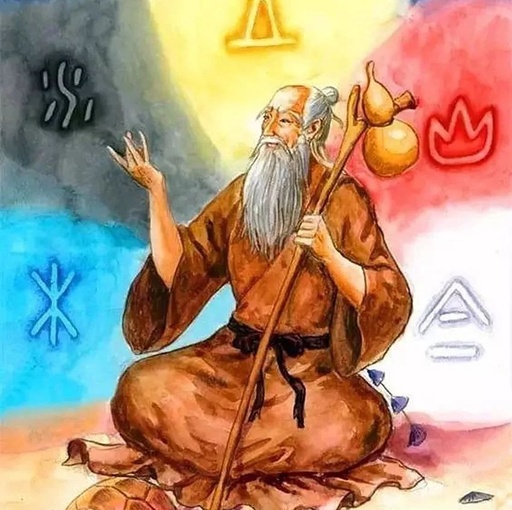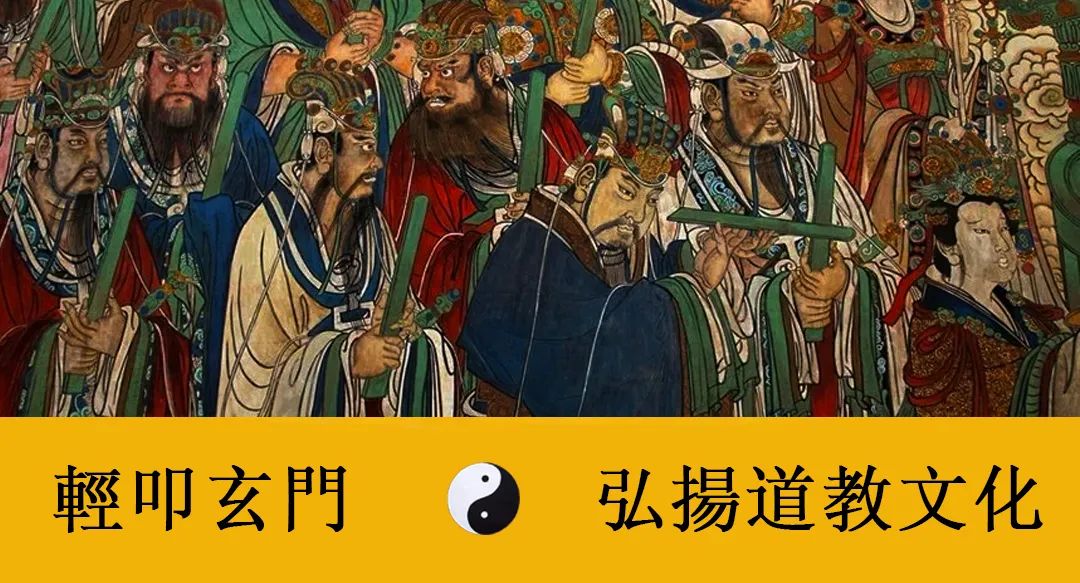
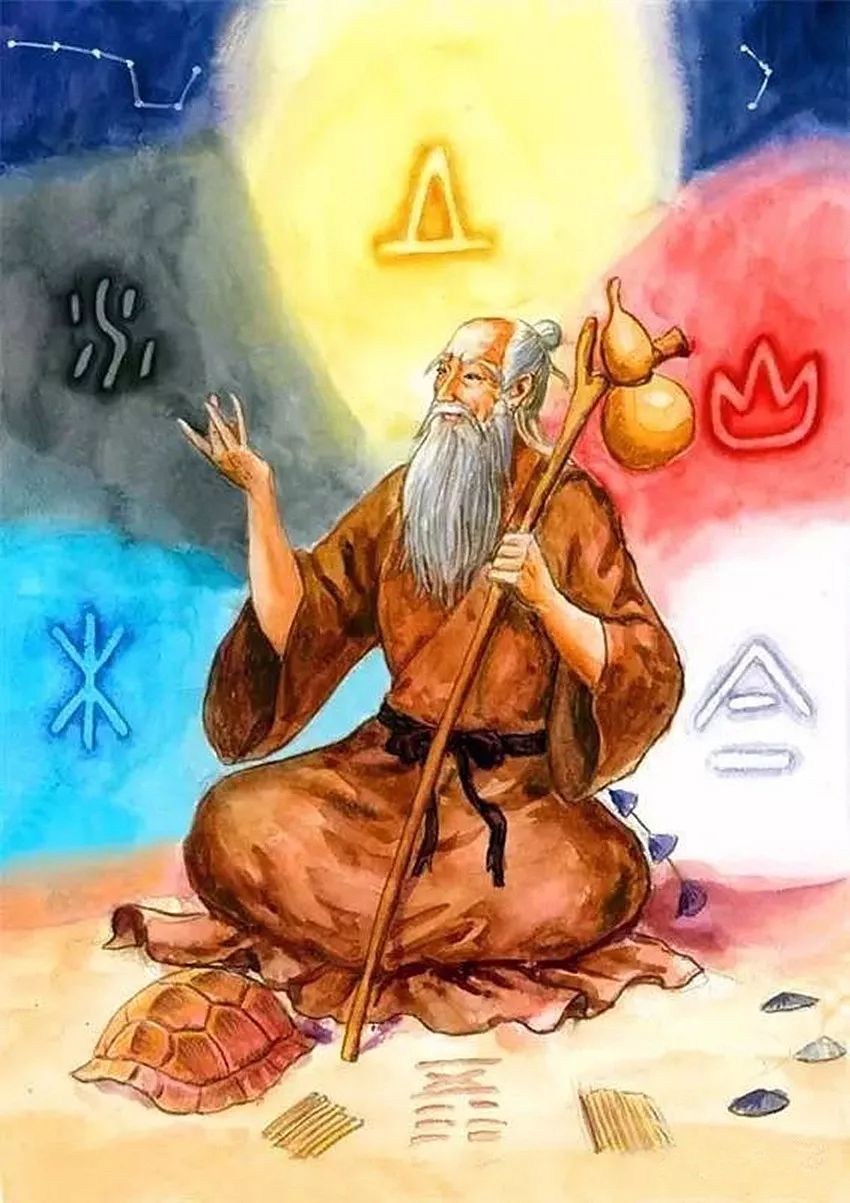
The Five Elements are interrelated through generation and overcoming.
Generation: Wood generates Fire, Fire generates Earth, Earth generates Metal, Metal generates Water, Water generates Wood; this represents development.
Overcoming: Wood overcomes Earth, Earth overcomes Water, Water overcomes Fire, Fire overcomes Metal, Metal overcomes Wood; this represents balance.
In Daoist medicine, the concepts of “Five Elements, Five Qi, Five Organs, Five Tastes, and Five Colors” are interconnected and mutually supportive, embodying the principles of generation and overcoming. The harmony of the Five Elements directly affects bodily functions; any imbalance can lead to corresponding physical symptoms. Therefore, understanding the Five Elements within the body is essential for health.
木
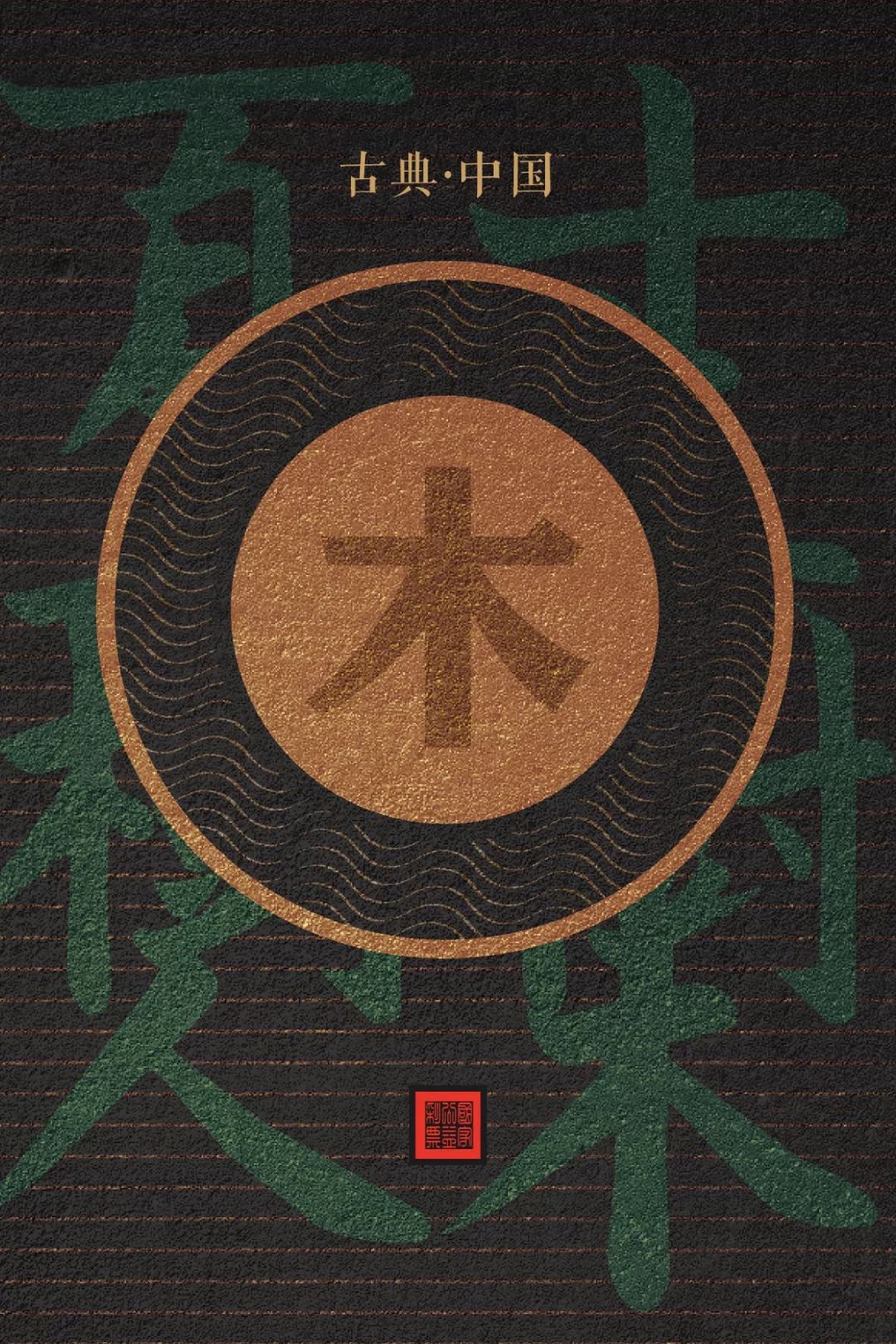
Season associated with Wood: Spring.
Organs associated with Wood: Liver, Gallbladder, Eyes. When overworked, the first organ to protect is the liver, as it is the organ that stores blood in the body. If you work excessively, the liver must work hard to store blood. The Five Elements are originally generated in the order of Liver, Heart, Spleen, Lung, and Kidney. If the liver is overworked and weak, it affects the Heart, Spleen, Lung, and Kidney, and the accumulated anger from overwork can also harm the liver. Therefore, when working overtime, it is advisable to prepare some sour snacks, such as preserved plums. If any organ associated with Wood feels uncomfortable, consuming more green foods associated with Wood can be beneficial. These foods correspond to the liver and gallbladder and are rich in chlorophyll, vitamins, and fiber, which can help the organs expel toxins from the body.
Emotions associated with Wood: Anger.
Taste associated with Wood: Sour.
Foods associated with Wood: Green foods.
Recommended foods: Cabbage, Bok Choy, and Spinach.
火
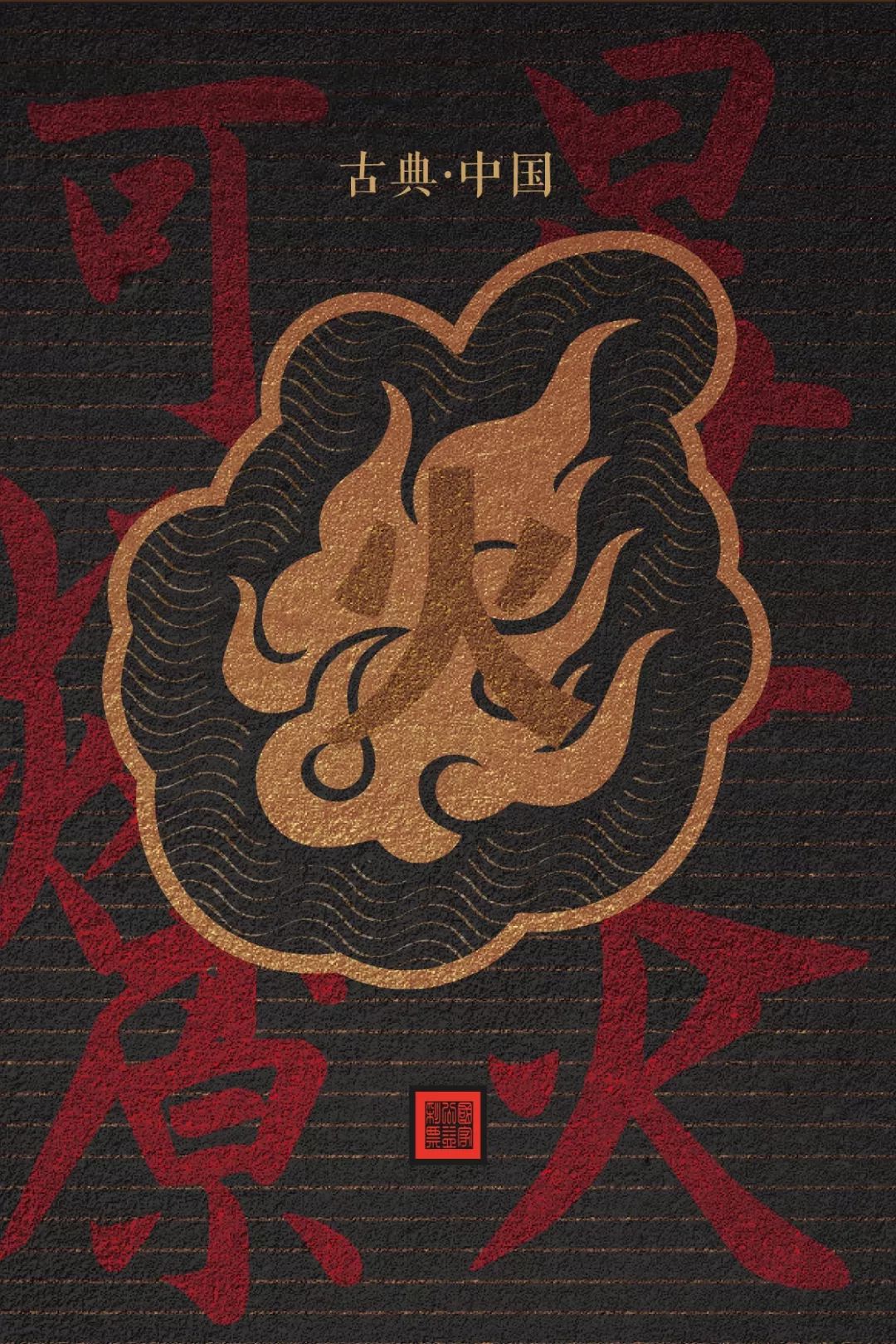
Season associated with Fire: Summer.
Organs associated with Fire: Heart, Small Intestine, Tongue.
Emotions associated with Fire: Joy.
Taste associated with Fire: Bitter.
Foods associated with Fire: Red foods. The Heart is associated with Fire, and during this time, it is easy to experience excess heat, restlessness, and rapid heartbeat, which increases the burden on the heart. Therefore, it is crucial to nourish the heart in summer. In addition to consuming heart-nourishing foods, according to the principle of overcoming in the Five Elements, the Kidney overcomes Heart Fire, so nourishing Kidney Qi in winter is a wise approach. To nourish the heart, it is best to eat red foods, which correspond to the red blood and the heart responsible for blood circulation. Individuals with poor complexion and cold extremities can benefit from consuming more of these foods.
Recommended foods: Red beans, Red dates, Carrots, Red peppers, Tomatoes.
土
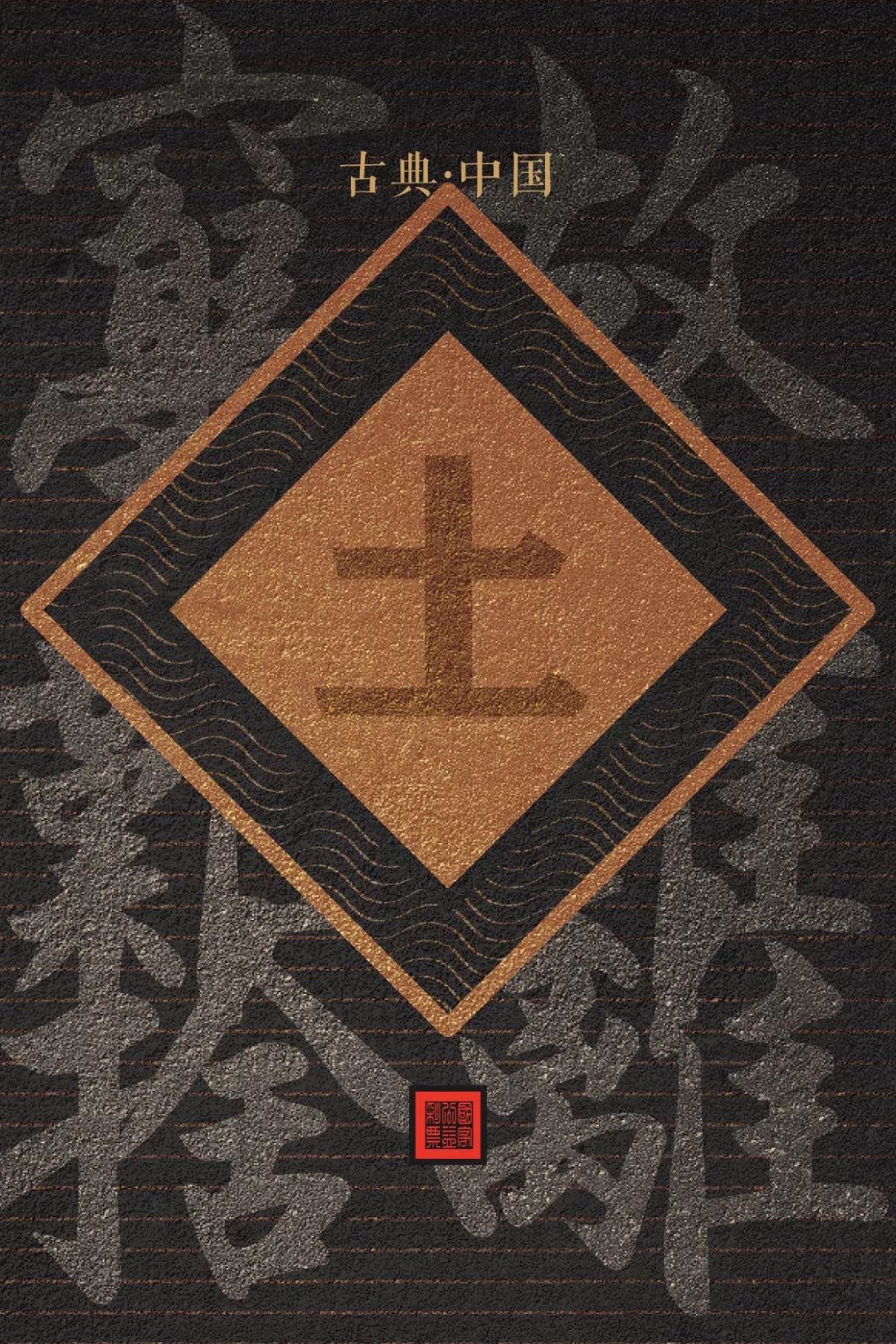
Season associated with Earth: Late Summer. This refers to the period in summer when the dry heat has passed and it begins to rain.
Organs associated with Earth: Spleen, Stomach, Mouth.
Emotions associated with Earth: Worry.
Taste associated with Earth: Sweet.
Foods associated with Earth: Yellow foods. Late summer is the wettest time of the year. Excess humidity can harm the Spleen and Stomach, and when these organs are affected, appetite decreases, which is why we often lack appetite in the height of summer. During this time, it is important to consume more sweet and bitter foods; eating sweet foods can replenish Spleen Qi. According to the Five Elements, the Fire-associated Heart nourishes the Earth-associated Spleen, and consuming bitter foods that strengthen the heart also benefits the Spleen. If there are issues with Earth-associated organs, yellow foods are beneficial. The Spleen and Stomach play a role in nutrient supply in the body; when they are well-regulated, Qi and blood will be abundant.
Recommended foods: Oranges, Pumpkins, Corn, Yellow soybeans, Sweet potatoes.
金
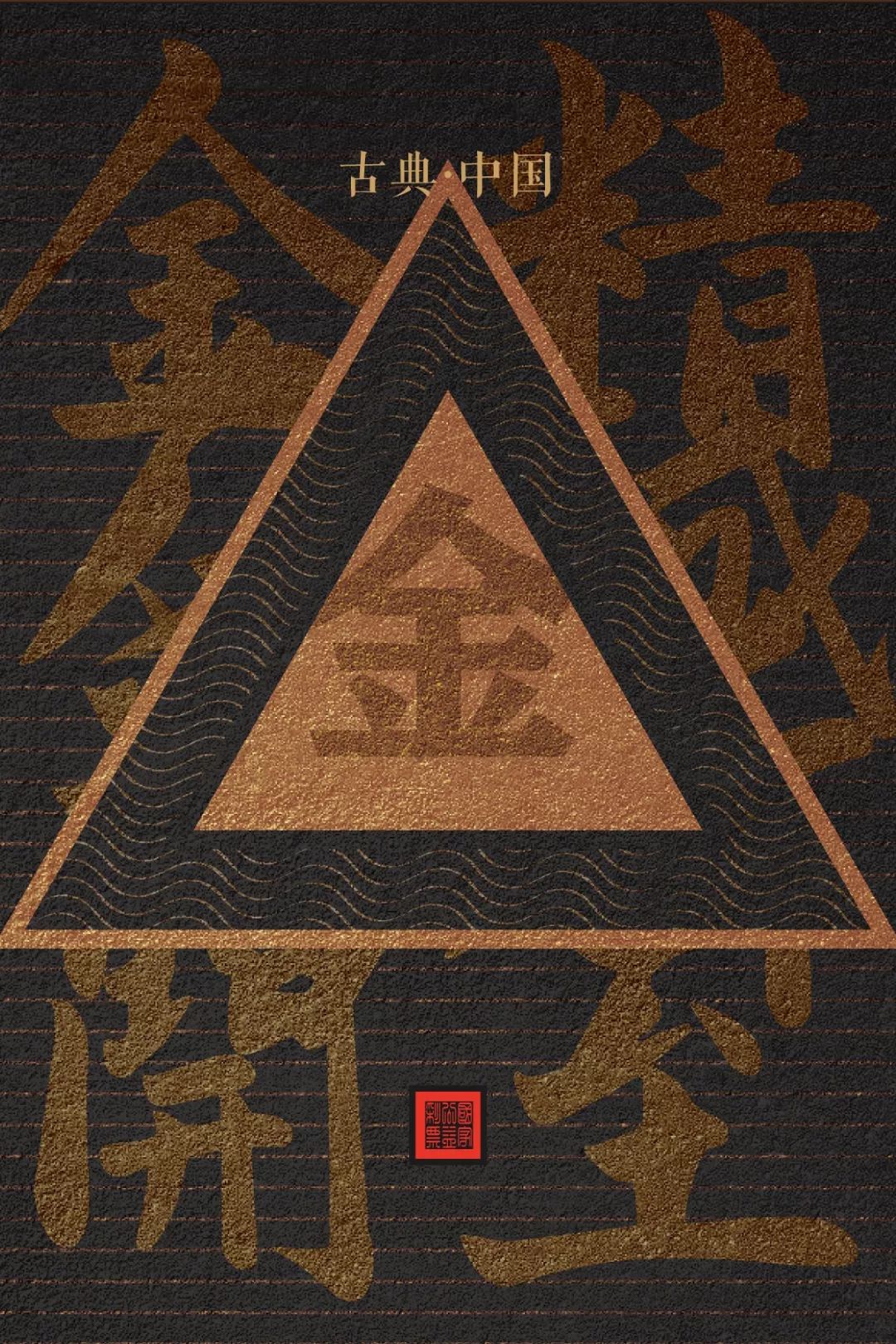
Season associated with Metal: Autumn. In autumn, it is essential to nourish the lungs, as cough is a common ailment, influenced by the spirit of the Five Elements. During autumn, plants begin to wither, which can lead to feelings of melancholy.
Organs associated with Metal: Lungs, Large Intestine, Nose.
Emotions associated with Metal: Sadness.
Taste associated with Metal: Spicy.
Foods associated with Metal: White foods. Foods associated with Metal primarily correspond to the lungs and are mostly white foods. They are generally neutral and cool in nature, which can strengthen the lungs and promote digestion, enhancing metabolism and giving skin elasticity and luster.
Recommended foods: Pears, White radishes, Yam, Almonds, Lily bulbs, Tremella.
水
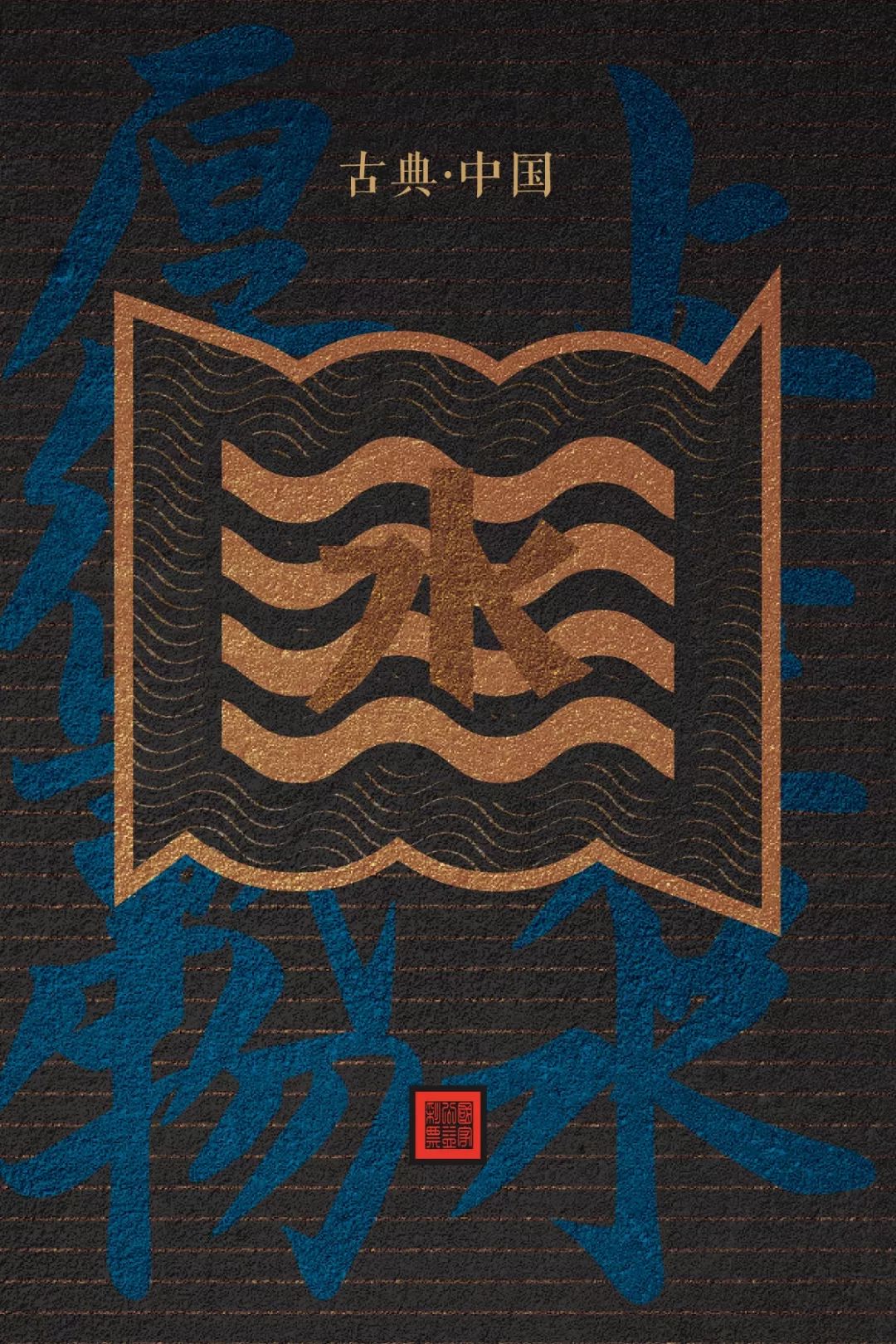
Season associated with Water: Winter.
Organs associated with Water: Kidneys, Bladder, Ears. Excessive dining out can harm the kidneys, which are our most concerned organs. A common trait among chefs is the use of excessive oil and salt, which makes food more flavorful. However, salty flavor is associated with Water and the kidneys; moderation is beneficial, but excess can be detrimental. If the complexion appears dark, it may indicate kidney issues.
Emotions associated with Water: Fear.
Taste associated with Water: Salty.
Foods associated with Water: Black foods. These foods correspond to the kidneys and bones, and regular consumption can help maintain normal metabolism related to the kidneys, bladder, and bones, preventing excess water retention that can cause edema and strengthening the bones.
Note from the editor
⊙ Some images and texts are sourced from the internet; please contact us for removal if there are any copyright issues.
⊙ Share to your circle of friends, encourage good deeds, and accumulate merit.
▼Looking back, more exciting recommendations▼
Highlights:
1. It is easy for a master to find a disciple, but difficult for a disciple to find a master. If you are sincere in seeking the Dao, accumulate virtue first!
2. Daoists possess magical skills, but why do they not display divine powers to benefit the world and save people?
3. Without the Dao, ghosts do not fear! Without virtue, the law does not work!
4. The six behaviors that harm blessings, do not commit!
5. Why do practitioners encounter tribulations, and how should they resolve them?
6. Why does Daoism advocate for cultivating this life rather than the next?
7. A master is not omnipotent! Please let go of unreasonable expectations of your master!
8. The divine response to you is only a thought away!
9. The three disasters and eight difficulties of Daoism and the seven rewards and seven injuries.
10. Why should practitioners not speak lightly of their affairs?
11. New practitioners usually have these “two problems”.
12. Do not practice the Dao for the sake of practicing the Dao; practicing the Dao is a natural process.
13. Sending generals to establish prisons, judging ghosts and gods.
14. Qing Dynasty merchants dug up a Daoist from a hundred years ago.
In the year of Gengzi 2020, the most comprehensive Daoist festival calendar.
Daoist days of Wu and Jiazi, Gengshen days!
Reciting classics and taboos!
Taking refuge, entering the Dao, and cultivating the Dao all start with incense offerings!
Discussing learning the Dao and worshiping the master.
Year after year, worshiping the Tai Sui—good fortune comes every year!
Why is everything always unsatisfactory? It turns out to be due to the fate of encountering the child spirit’s calamity.
In 2020, those who offend Tai Sui should avoid these 12 things!
New practitioners’ recitation difficulties and quick reference table (you deserve to have)!
What is the law of not being empty?
Choosing auspicious times for events in the year of Gengzi.
In the year of Gengzi Rat, a complete analysis of the fortunes of the twelve zodiac signs!
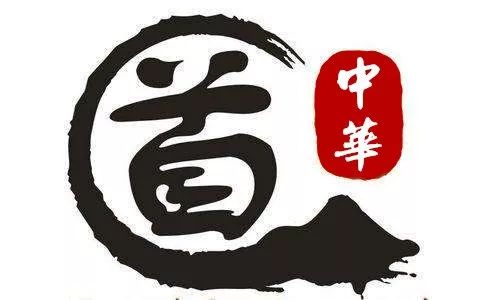
Scan to follow
Chinese Daoism
Share as fate allows
Merit is boundless

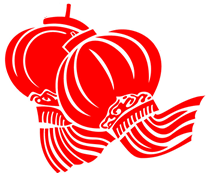
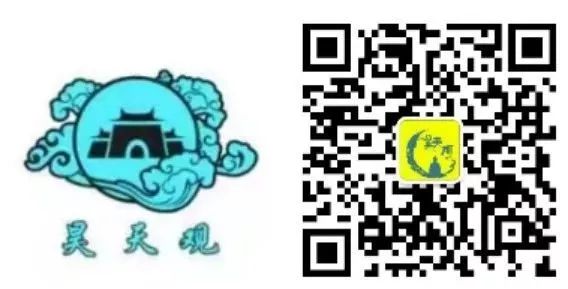
Support the Three Treasures, follow Daoist temple updates, long press the QR code to add

